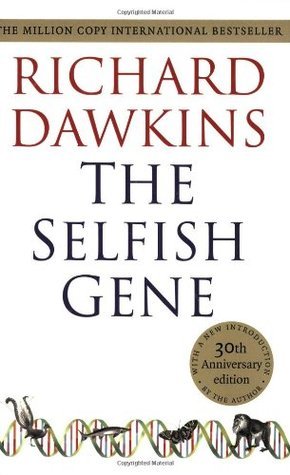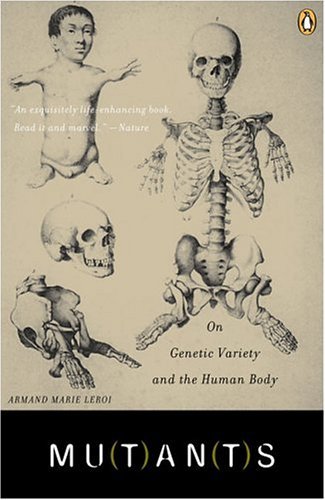
Chance and Necessity: An Essay on the Natural Philosophy of Modern Biology
Book Description
Caught in the exhilarating dance between chance and necessity, life unfolds in a wondrous, unpredictable tapestry. Jacques Monod leads readers through the intricate pathways of modern biology, revealing the delicate balance of randomness and determinism that shapes existence. With a masterful blend of science and philosophy, he challenges age-old beliefs and ignites curiosity about the very essence of life itself. As the mysteries of genetics and evolution converge, the stakes couldn't be higher: what does it truly mean to be alive in a universe governed by both fate and free will? Are we mere puppets of chance, or can we seize control of our destiny?
Quick Book Summary
In "Chance and Necessity," Jacques Monod explores the tangled relationship between randomness (chance) and determinism (necessity) at the heart of biology. He presents modern molecular biology as having disproved any guiding force or teleology in the development of life, emphasizing instead the impersonal laws of physics and sheer chance operating at the molecular level. Through the lens of genetics and evolution, Monod challenges anthropocentric explanations, arguing that life’s complexity arises from random mutations filtered by the deterministic sieve of natural selection. He bridges science and philosophy, encouraging readers to confront the implications of living in a purposeless universe. Ultimately, Monod’s work urges humanity to accept its existence as a product of both chance and necessity, and to find meaning within that framework.
Summary of Key Ideas
Table of Contents
The Role of Randomness and Chance in Biology
Monod begins by illuminating the foundational role of randomness in biology, particularly at the molecular and genetic levels. He uses the discoveries of DNA’s structure and genetic replication to illustrate how unpredictable mutations introduce variety. These random changes provide the raw material for evolution, emphasizing that essential creative aspects of life are rooted in chance. However, change alone is not sufficient—there are also deterministic processes at work that select and propagate these successful variations.
Determinism and the Laws of Nature
The deterministic forces, or necessity, are seen in natural selection and the immutable laws of chemistry and physics. Monod shows how, despite life's complexity, it is governed by principles that leave no room for purpose or intention inherent to living matter. The processes of selection rigidly sort through the results of chance-driven mutation. The interaction of these two forces, random mutation and deterministic selection, forms the engine of evolution, replacing ancient teleological explanations with a materialistic, mechanistic worldview.
Rejection of Teleology and Purpose
Monod critiques historical and contemporary belief systems that seek meaning or purpose in the natural world. He specifically addresses teleology—the philosophical idea that processes are driven by final causes or intended goals. Through a detailed examination of biological mechanisms, Monod demonstrates that the apparent design in nature is actually a product of impersonal, chance-driven events filtered by necessity. This stance challenges religious, mystical, and anthropocentric explanations of life's origins and trajectory.
Implications for Human Consciousness and Ethics
The shift away from teleology and toward a biological understanding based on chance and necessity prompts existential philosophical questions. Monod explores the implications for human consciousness, freedom, and ethics. He suggests that human beings must recognize their own accidental origins, confronting an indifferent universe. In this new ethical framework, meaning and value are not divinely mandated but must be constructed through rational inquiry and personal responsibility.
Science as a Source of Meaning in a Neutral Universe
Ultimately, Monod advocates for the importance of science as humanity's most reliable source of truth and meaning. He champions the scientific method as a means to achieve objectivity in understanding our existence, cautioning against illusions of purpose or design. By embracing a worldview grounded in chance and necessity, Monod believes that individuals can lead authentic lives, accepting the reality of nature without relinquishing curiosity, moral responsibility, or the quest for meaning.
Download This Summary
Get a free PDF of this summary instantly — no email required.





